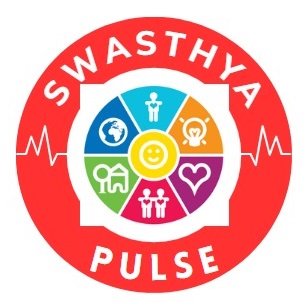A Silent Global Health Crisis: Experts Urge Immediate Action on Undetected Liver Disease
A silent health crisis is unfolding across the globe, affecting millions—yet most people remain unaware they are at risk. Leading health experts are now sounding the alarm, warning that without early detection and a shift in healthcare priorities, the consequences could be devastating.
Chronic liver disease is advancing unnoticed in much of the population. At a high-level global summit in Barcelona this week (June 2025), more than 100 international experts issued a strong call to action: without urgent improvements in detection and a more person-centred approach to care, millions suffering from liver disease will continue to be overlooked by healthcare systems worldwide.
One of the major culprits is Metabolic Dysfunction-Associated Steatotic Liver Disease (MASLD), which affects approximately 33% of adults globally. Its more severe form, Metabolic Dysfunction-Associated Steatohepatitis (MASH), is estimated to impact 5% of the population. Individuals with type 2 diabetes, obesity, and other cardiometabolic risk factors face an even higher risk. Alarmingly, MASH often remains symptomless until it progresses to cirrhosis or liver cancer—conditions that are far more difficult and costly to treat.
Experts have called for a doubling of MASH diagnoses by 2027, citing the disease’s silent but widespread nature and its rare early detection. Without proactive screening, the condition not only leads to poorer patient outcomes but also places a significant burden on healthcare systems.
To combat this, experts advocate for the use of non-invasive diagnostic tools and AI-powered technologies in primary care settings to better identify at-risk individuals. But diagnosis alone isn’t enough—effective treatment options must be made more accessible and integrated into routine care.
Concrete recommendations include:
Routine screening of high-risk groups
Incorporating liver assessments into regular health check-ups
Updating reimbursement policies to support testing and treatment
Encouraging interdisciplinary collaboration among primary care, endocrinology, cardiology, and patient advocacy groups
These measures, they argue, are essential to eliminating the growing threat of MASH by 2030.
“The future of the fight against MASH lies in anticipation—not only treating advanced patients but identifying those at risk before fibrosis sets in,” said Jeffrey Lazarus, Head of the Public Health Liver Group at ISGlobal and lead author of the report. “This shift toward preventive hepatology is key to improving metabolic health worldwide.”


